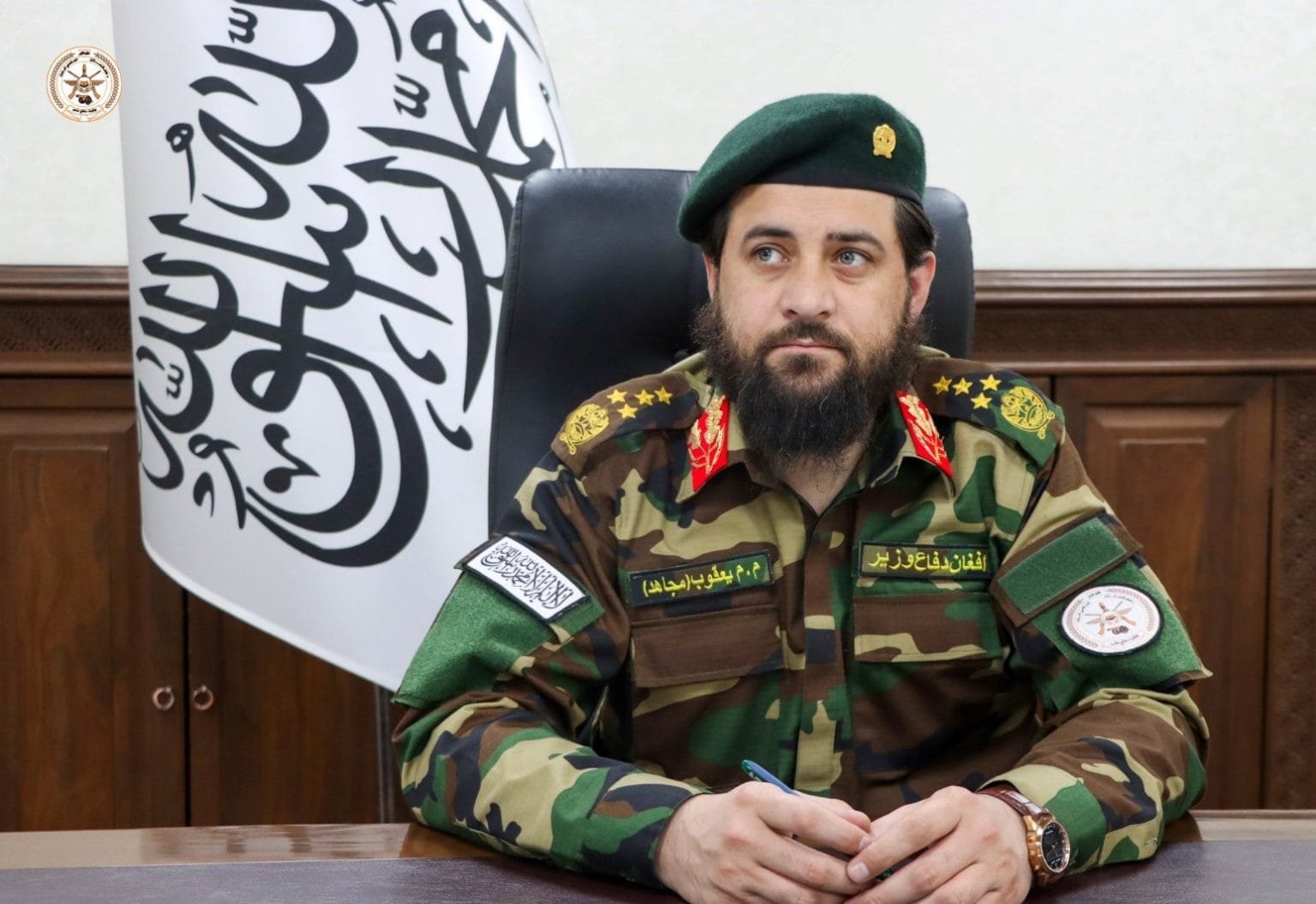KABUL/ISLAMABAD — Afghanistan’s Taliban-led government on Friday accused Pakistan of carrying out air raids in Kabul and the eastern Paktika province, denouncing the strikes as a violation of Afghan sovereignty and warning that Pakistan would bear responsibility for any escalation. The Afghan Defense Ministry said explosions rattled the capital late Thursday and that a civilian market in Margha, Paktika, was also bombed. While the Taliban’s spokesman initially referred to the incident as under investigation, the Defense Ministry later framed the strikes as “unprecedented, violent, and reprehensible,” threatening that “the consequences will be borne by the Pakistani army.”
Islamabad has neither confirmed nor denied conducting airstrikes across the border, but Pakistani military spokesman Lt. Gen. Ahmed Sharif Chaudhry insisted Islamabad will take “whatever is necessary” to protect its citizens from militant attacks allegedly launched from Afghan soil. In his comments, he accused Afghan territory of being used as a safe haven by groups such as the Tehreek-e-Taliban Pakistan (TTP) and insinuated foreign backing for militancy.
A Pakistani security source told Reuters that one strike in Kabul targeted a vehicle believed to belong to Noor Wali Mehsud, chief of the TTP, though Pakistani authorities did not concede involvement or confirm Mehsud’s fate. Afghanistan’s Defense Ministry declined to comment on whether Mehsud was in Kabul or on the outcome of the strikes.
The timing dovetails with an uptick in militant attacks inside Pakistan’s northwest, where authorities say dozens of security personnel have been killed in recent weeks at the hands of groups claiming sanctuary across the border. Pakistani forces on Friday launched a counter-operation in Orakzai, killing 30 suspected militants tied to the TTP in retaliation for an ambush that claimed 11 lives.
Analysts caution that the cross-border exchanges risk spiralling into broader confrontation. The Afghan leadership is under pressure to respond to what it sees as aggression, while Pakistan faces domestic demands to neutralise threats coming from its western frontier. In light of the tensions, Afghanistan’s acting Foreign Minister Amir Khan Muttaqi, speaking during a visit to India, appealed to Islamabad to resolve disputes through dialogue, warning that forceful provocations would backfire.
As both capitals exchange verbal barbs and military assertions, the fault line between them reopens long-dormant conflict dynamics in the region—where the balance between counterterrorism imperatives and respect for sovereignty remains deeply contested.





